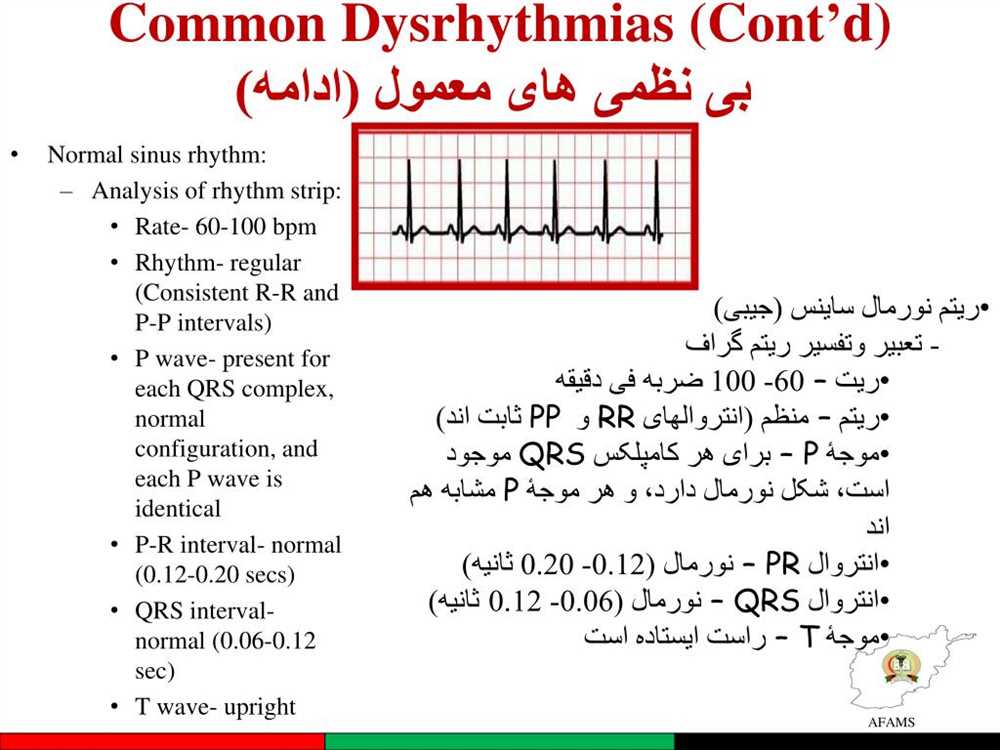
Cardiac dysrhythmias, also known as abnormal heart rhythms, can be a challenging aspect of patient care for healthcare professionals. The ability to accurately identify and interpret these dysrhythmias is crucial in order to provide the appropriate treatment and intervention. To assess healthcare professionals’ competency in this area, the Prophecy Dysrhythmia Advanced Test has been developed.
The Prophecy Dysrhythmia Advanced Test is a comprehensive examination that evaluates individuals’ knowledge and skills in identifying and interpreting complex dysrhythmias. This test is designed to assess healthcare professionals’ ability to recognize various dysrhythmias, understand their underlying causes, and determine appropriate treatment strategies.
By taking the Prophecy Dysrhythmia Advanced Test, healthcare professionals can demonstrate their proficiency in identifying and managing complex dysrhythmias. This test provides a standardized evaluation of one’s knowledge and skills in this specialized area, allowing employers to confidently assess an individual’s competence and make informed decisions regarding patient assignments and responsibilities. Additionally, the test serves as a valuable tool for self-assessment and professional development, as healthcare professionals can identify areas of weakness and target their learning accordingly.
Overall, the Prophecy Dysrhythmia Advanced Test is a vital resource in promoting patient safety and quality care. By ensuring that healthcare professionals possess the necessary competence in identifying and interpreting complex dysrhythmias, this test plays a crucial role in improving patient outcomes and achieving excellence in cardiac care.
What is a Prophecy Dysrhythmia Advanced Test?
A Prophecy Dysrhythmia Advanced Test is a specialized examination designed to assess a healthcare professional’s knowledge and proficiency in interpreting cardiac dysrhythmias. This test is commonly used in healthcare settings, particularly for nurses, to evaluate their expertise in identifying and analyzing abnormal heart rhythms. It serves as a crucial tool for ensuring patient safety and quality care.
The Prophecy Dysrhythmia Advanced Test consists of a comprehensive assessment that covers various aspects related to cardiac dysrhythmias. It assesses the healthcare professional’s understanding of the anatomy and physiology of the heart, as well as their ability to recognize and interpret different dysrhythmias on an electrocardiogram (ECG) strip. The test also evaluates the individual’s knowledge of the potential causes, symptoms, and treatment options for each type of dysrhythmia.
During the Prophecy Dysrhythmia Advanced Test, participants may be presented with ECG tracings depicting different cardiac dysrhythmias. They are then required to identify the specific dysrhythmia and provide a detailed interpretation, including the underlying pathophysiology and potential implications for patient care. This test is often timed and may have a passing score requirement to ensure that healthcare professionals can accurately and efficiently recognize and respond to critical cardiac events.
Successful completion of the Prophecy Dysrhythmia Advanced Test demonstrates a healthcare professional’s competency in identifying and interpreting cardiac dysrhythmias, which is essential for providing optimal patient care. It allows healthcare organizations to ensure that their staff have the necessary skills and knowledge to effectively manage and treat patients with cardiac conditions. Additionally, this test can be used as a tool for professional development and continued education, as it helps healthcare professionals identify areas for improvement and further enhance their understanding of cardiac dysrhythmias.
Definition of Prophecy Dysrhythmia Advanced Test
The Prophecy Dysrhythmia Advanced Test is a specialized examination designed to assess an individual’s proficiency in interpreting and analyzing cardiac dysrhythmias. This test is typically administered to healthcare professionals, such as nurses or emergency medical technicians, who are responsible for providing critical care to patients with cardiac conditions.
The purpose of the Prophecy Dysrhythmia Advanced Test is to evaluate an individual’s knowledge and skills in identifying various cardiac dysrhythmias, understanding their underlying physiological causes, and determining appropriate interventions. It assesses the ability to interpret electrocardiogram (ECG) tracings and recognize abnormal patterns, such as atrial and ventricular arrhythmias, heart block, and conduction abnormalities.
The test consists of multiple-choice questions that require the test taker to analyze ECG tracings and select the most accurate diagnosis or intervention. It covers a wide range of dysrhythmias, including both common and rare ones. The Prophecy Dysrhythmia Advanced Test is often used as a benchmark for healthcare organizations to ensure that their staff members have the necessary skills to provide high-quality cardiac care.
Successful completion of the Prophecy Dysrhythmia Advanced Test demonstrates an individual’s competence in managing and treating patients with cardiac dysrhythmias. It also indicates their ability to make critical decisions in emergency situations and effectively communicate with the healthcare team. Healthcare professionals who achieve a high score on this test may be considered for advanced roles or specialized training opportunities in cardiac care.
Importance of Prophecy Dysrhythmia Advanced Test
The Prophecy Dysrhythmia Advanced Test plays a crucial role in the field of healthcare and cardiology. It is an essential tool for healthcare professionals to accurately diagnose and treat patients with cardiac dysrhythmias. This advanced test provides detailed insights into the electrical activities of the heart, helping doctors determine the appropriate course of treatment for patients.
One of the key reasons why the Prophecy Dysrhythmia Advanced Test is highly important is because it allows healthcare professionals to identify and differentiate between various types of cardiac dysrhythmias. By analyzing the electrical patterns and abnormalities in the heart’s rhythm, doctors can accurately diagnose specific conditions such as atrial fibrillation, ventricular tachycardia, or bradycardia. This helps in providing targeted treatment plans and improving patient outcomes.
The test also plays a crucial role in monitoring the effectiveness of medications or interventions used in the treatment of dysrhythmias. By conducting regular advanced tests, healthcare professionals can evaluate the impact of medication dosage adjustments or the success of surgical procedures in restoring normal heart rhythm. This information is essential for making informed decisions about the ongoing treatment plan and ensuring the patient’s overall heart health.
The Prophecy Dysrhythmia Advanced Test is an invaluable tool in the field of cardiology, as it enables precise diagnosis, targeted treatment, and effective monitoring of cardiac dysrhythmias. It empowers healthcare professionals to provide optimal care and improve patient outcomes. Therefore, it is crucial for medical institutions to prioritize the availability and utilization of this advanced test to enhance the quality of cardiac care.
How Does the Prophecy Dysrhythmia Advanced Test Work?
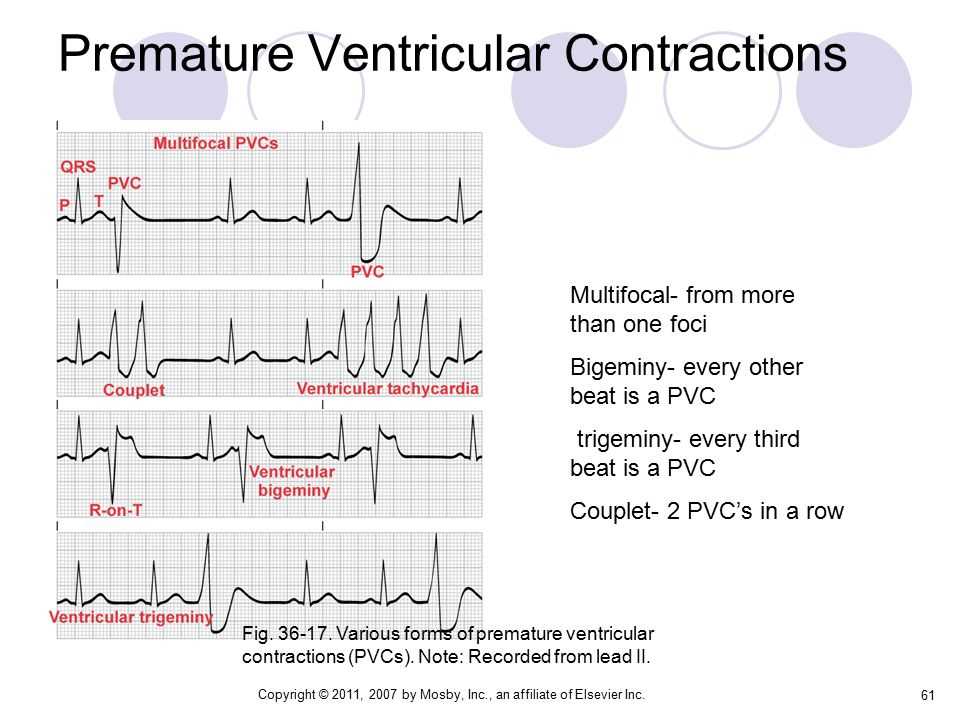
The Prophecy Dysrhythmia Advanced Test is a cardiac rhythm interpretation tool used by healthcare professionals to assess their knowledge and skills in interpreting and analyzing cardiac dysrhythmias. It provides an interactive platform for clinicians to test their ability to identify and analyze various types of cardiac dysrhythmias.
The test consists of a series of multiple-choice questions, where users are presented with a rhythm strip and asked to identify the underlying rhythm, determine its clinical significance, and suggest appropriate interventions. The questions cover a wide range of dysrhythmias, including atrial and ventricular arrhythmias, heart blocks, and conduction abnormalities.
As users answer each question, they receive instant feedback on the accuracy of their responses. The feedback includes a detailed explanation of the correct answer, highlighting key features of the rhythm strip and providing clinical context. This allows users to learn from their mistakes and reinforce their understanding of different dysrhythmias.
Additionally, the Prophecy Dysrhythmia Advanced Test offers a comprehensive performance summary at the end of the assessment. This summary provides an overall score, as well as a breakdown of performance in different categories of dysrhythmias. It allows users to identify areas of strength and areas for improvement, guiding their continuing education and professional development efforts.
Overall, the Prophecy Dysrhythmia Advanced Test helps healthcare professionals enhance their competence in cardiac rhythm interpretation, ensuring they have the skills and knowledge to provide safe and effective patient care.
Overview of the Testing Process
The Prophecy dysrhythmia advanced test is a comprehensive assessment designed to evaluate an individual’s knowledge and skills in interpreting cardiac dysrhythmias. This test is commonly used in healthcare settings to assess a healthcare professional’s competency in identifying and managing cardiac arrhythmias.
The testing process begins with a pre-test review, where the individual is given an overview of the test format and content. They are provided with study materials and resources to prepare for the test. Once the individual feels adequately prepared, they can proceed to the actual test.
The dysrhythmia advanced test consists of multiple-choice questions that require the individual to analyze EKG strips and identify the type of arrhythmia present, as well as determine the appropriate intervention or treatment. The questions are designed to mimic real-life scenarios that healthcare professionals may encounter in their practice.
During the test, each question is presented one at a time, and the individual must select the correct answer within a specified amount of time. A timer is displayed on the screen to help monitor the individual’s progress. Once the individual completes the test, a summary of their performance is provided, indicating areas of strength and areas that may require further development.
The Prophecy dysrhythmia advanced test provides a comprehensive assessment of an individual’s knowledge and skills in cardiac dysrhythmia interpretation. It is an effective tool for evaluating the competency of healthcare professionals in this critical area of practice.
Equipment Used in the Test
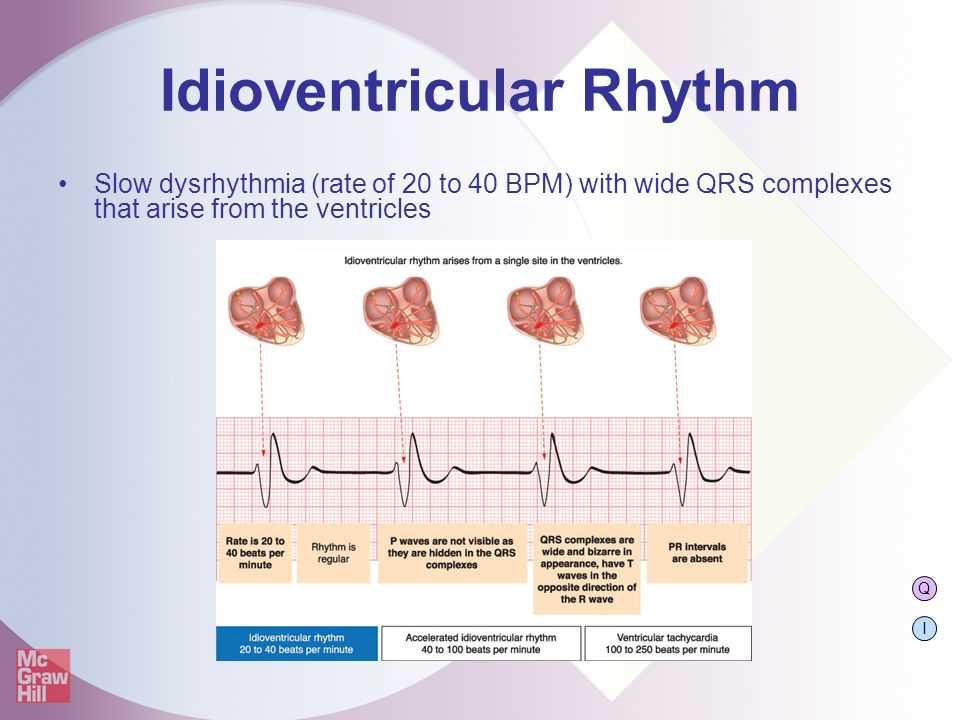
In the advanced test for prophecy dysrhythmia, several pieces of equipment are used to monitor and assess the patient’s heart rhythm and function. These tools are crucial in helping healthcare professionals accurately diagnose and treat cardiac dysrhythmias.
Electrocardiogram (ECG)
The electrocardiogram (ECG) is one of the primary tools used in the prophecy dysrhythmia advanced test. It records the electrical activity of the heart and produces a visual representation of the heart’s rhythm. The ECG machine consists of leads that are attached to specific points on the patient’s body, such as the chest, wrists, and ankles. These leads detect the electrical impulses generated by the heart and transmit the information to the ECG machine, which then displays the waveform on a screen or printout for analysis.
Cardiac Monitor
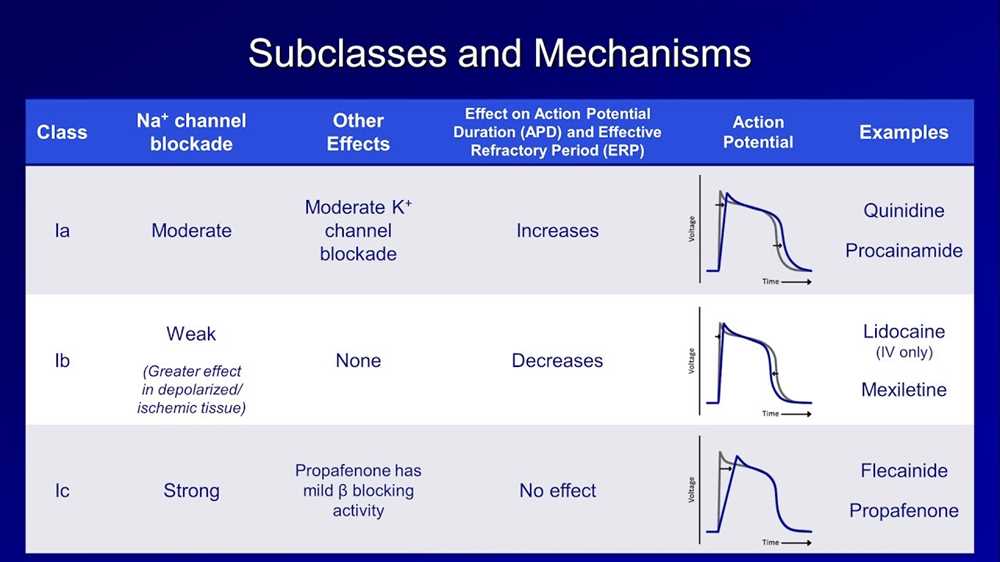
A cardiac monitor is another essential piece of equipment used in the test. It continuously displays the patient’s heart rate and rhythm and allows healthcare professionals to monitor any changes or abnormalities. This device provides real-time data and alerts medical staff to any significant dysrhythmias or sudden cardiac events that may require immediate intervention. The cardiac monitor can be portable, allowing patients to be monitored while they engage in their daily activities, or it can be fixed in a hospital or clinical setting.
Defibrillator
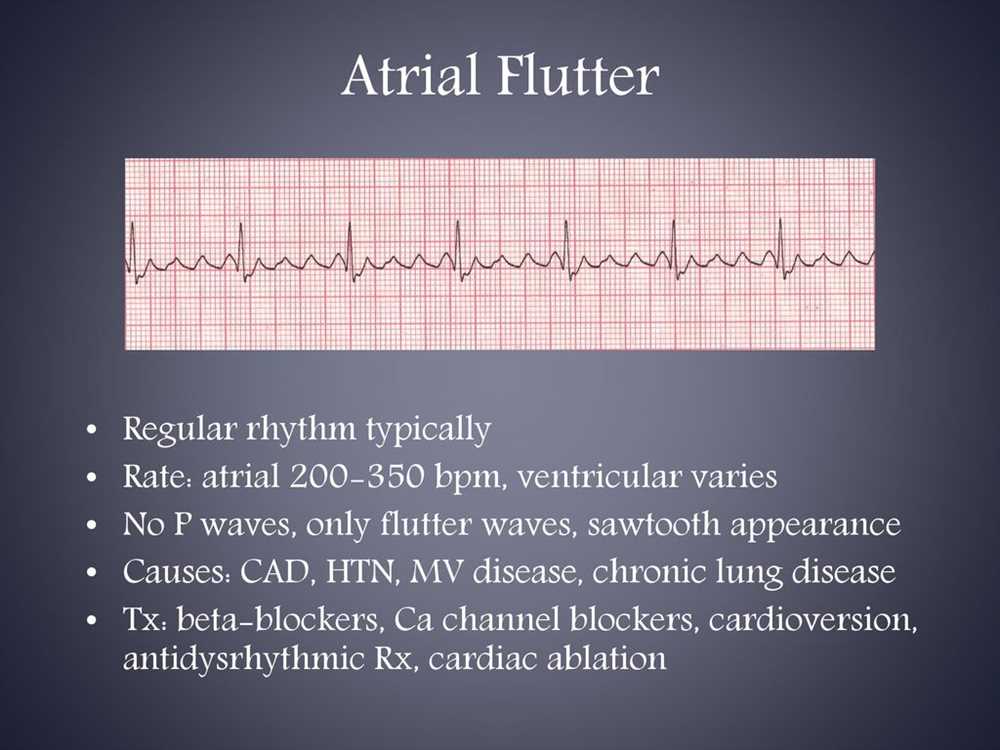
A defibrillator is an important tool that is often used in the advanced test for prophecy dysrhythmia. It is used to deliver an electric shock to the patient’s heart in the case of life-threatening cardiac dysrhythmias or cardiac arrest. The defibrillator works by restoring the heart’s normal rhythm by depolarizing the heart muscle cells. It can be an external device that is applied to the patient’s chest, or it can be an implanted device that is placed internally.
Holter Monitor
A Holter monitor is a portable device that is worn by the patient for an extended period, typically 24 to 48 hours, during the advanced test. It continuously records the heart’s electrical activity while the patient goes about their daily activities. The Holter monitor is useful in capturing any transient dysrhythmias or symptoms that may occur intermittently. Once the monitoring period is complete, the data collected by the Holter monitor is downloaded and analyzed by healthcare professionals to detect and diagnose any abnormalities.
Who Should Undergo the Prophecy Dysrhythmia Advanced Test?
The Prophecy Dysrhythmia Advanced Test is a specialized diagnostic test that helps in identifying and classifying heart rhythm disorders. This test is recommended for individuals who are experiencing symptoms such as palpitations, dizziness, fainting, or irregular heartbeat. It is also useful for people who have a family history of heart rhythm disorders or sudden cardiac arrest.
The test is particularly beneficial for individuals who have not responded to previous treatments or medications for their heart rhythm disorders. It can provide valuable insights into the underlying cause of the dysrhythmia and help in devising an effective treatment plan. Additionally, the Prophecy Dysrhythmia Advanced Test is also recommended for athletes or individuals engaged in intense physical activities, as it can help in assessing their cardiovascular health and identifying any potential risks or abnormalities.
Furthermore, individuals who have undergone previous cardiac procedures such as pacemaker implantation or ablation therapy may also benefit from the Prophecy Dysrhythmia Advanced Test. It can assist in monitoring the effectiveness of the procedure and detecting any recurrence or complications.
The test is typically performed by trained healthcare professionals in a clinical setting. It involves the placement of electrodes on the chest and recording the electrical activity of the heart. The acquired data is then analyzed to determine the specific type of dysrhythmia and its severity, guiding the healthcare team in making informed treatment decisions.
To sum up, the Prophecy Dysrhythmia Advanced Test is recommended for individuals who are experiencing heart rhythm disorders or have a high risk of developing them. It is a valuable tool in diagnosing and managing these conditions, providing crucial information for personalized treatment plans.